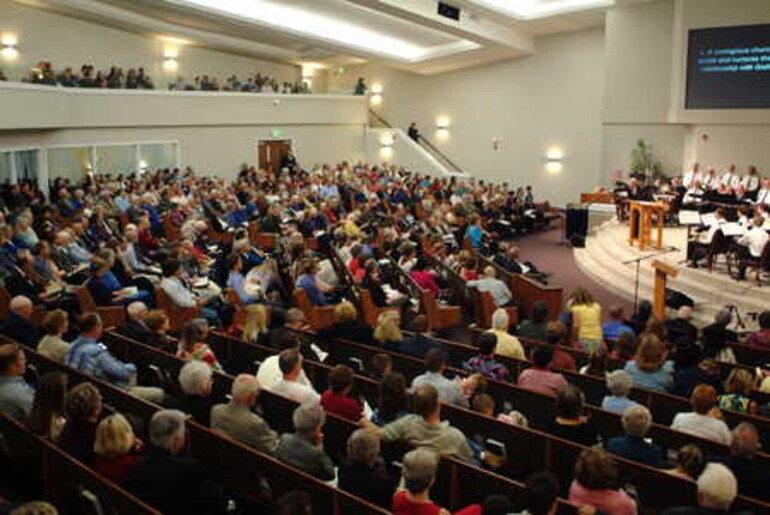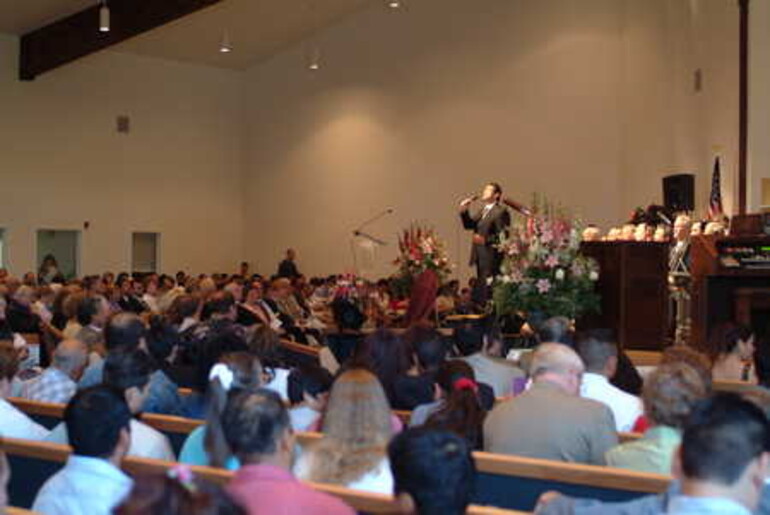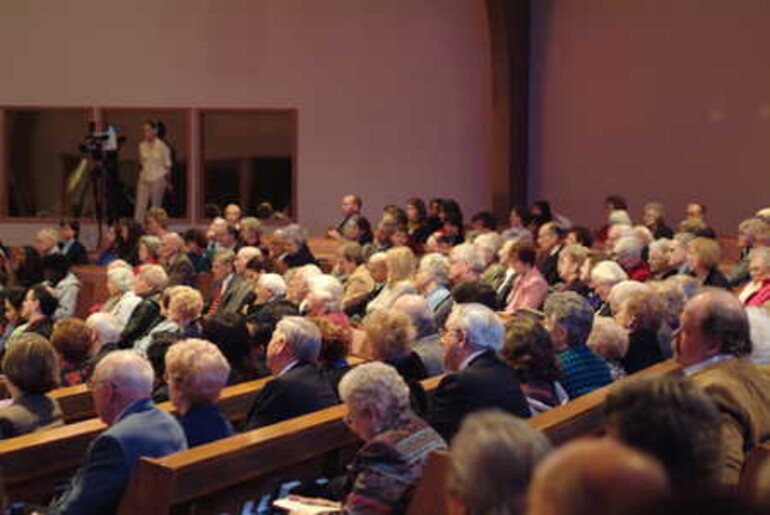Worship is often explained in terms of adoration, reverence, respect, devotion, adulation and veneration. These are relational words, used particularly as we relate to our God. We give Him our respect and adulation, we are devoted to Him, we revere Him, we adore Him…we worship Him! Of course, relationships happen continuously and are not limited to Sabbath mornings. Harold Best1 speaks about worship being an unceasing, "continuous outpouring of all that I am, all that I do and all that I can ever become" in the light of God. With this in mind Paul describes his own ministry as being like a drink offering, poured out in worship to God (2 Tim. 4:6). And Mary worships Jesus with a liberal anointing of Jesus’ feet with perfume and her tears.
The reasons for worship include the following:
God is worthy of our praise: In addition to numerous references in the Psalms, the Bible writers frequently call us to recognize God as worthy of our praise (2 Samuel 22:4, 1 Chronicles 16:25 and Revelation 4:11). More specifically, Revelation 5:12 records a choir singing: "Worthy is the Lamb, who was slain, to receive power and wealth and wisdom and strength and honor and glory and praise!" In the kingdom of God it is appropriate to worship the Sovereign Lord.
As created beings, we are commanded to worship our Creator: Another loud voice is referred to in Revelation 14:6–8, calling: “Fear God and give him glory, because the hour of his judgment has come. Worship him who made the heavens, the earth, the sea and the springs of water."
Worship naturally follows belief: After Jesus heals a blind man, the man proclaims in John 9:38, "Lord, I believe," and he worshipped Him. Relationally, we worship (adore) out of love for God, gratefully responding to His love for us. Worship is not so much what happens in a specific place as the heart response to the truth about Jesus as we worship Him in spirit and in truth (John 4:19–24).
While we recognize that worship is indeed a 24/7 experience—an unceasing outpouring of myself to and for my God—we are particularly concerned with how this happens on Sabbath morning at church. The carefully planned worship service is a way we give the church family of believers opportunity, corporately and individually, to worship God. Milfred Minatrea2 challenges us to make sure of a fresh worship experience each week by keeping the following in mind:
God is the focus of worship.
Worship is experiential.
Worship is about content, not form.
Worship is highly participatory.
Worship planners should allow God to use their creative skills.
Worship is more than mere words.
C. S. Lewis suggests that we find in the process of worshipping God one way in which He communicates His presence to men.3 Therefore, as congregational leaders and worship planners eager to advance a sense of the presence of the Sovereign God, we plan a worship service to…
prepare our hearts for worship that meets with God,
express our love to God and to one another as we sing, pray, bring offerings and serve,
learn of His ways as His Word is opened, and
respond to His Spirit speaking to individuals in the church and the congregation as a church family.
We worship Him because He is Holy, Holy, Holy…
1. Harold Best, Unceasing Worship (Downers Grove: InterVarsity Press, 2003), 18.
2. Milfred Minatrea, Shaped by God’s Heart (San Francisco: Jossey-Bass, 2004), 65–75.
3. C. S. Lewis, Reflections on the Psalms (London: Collins Fontana Books, 1967), 79.












